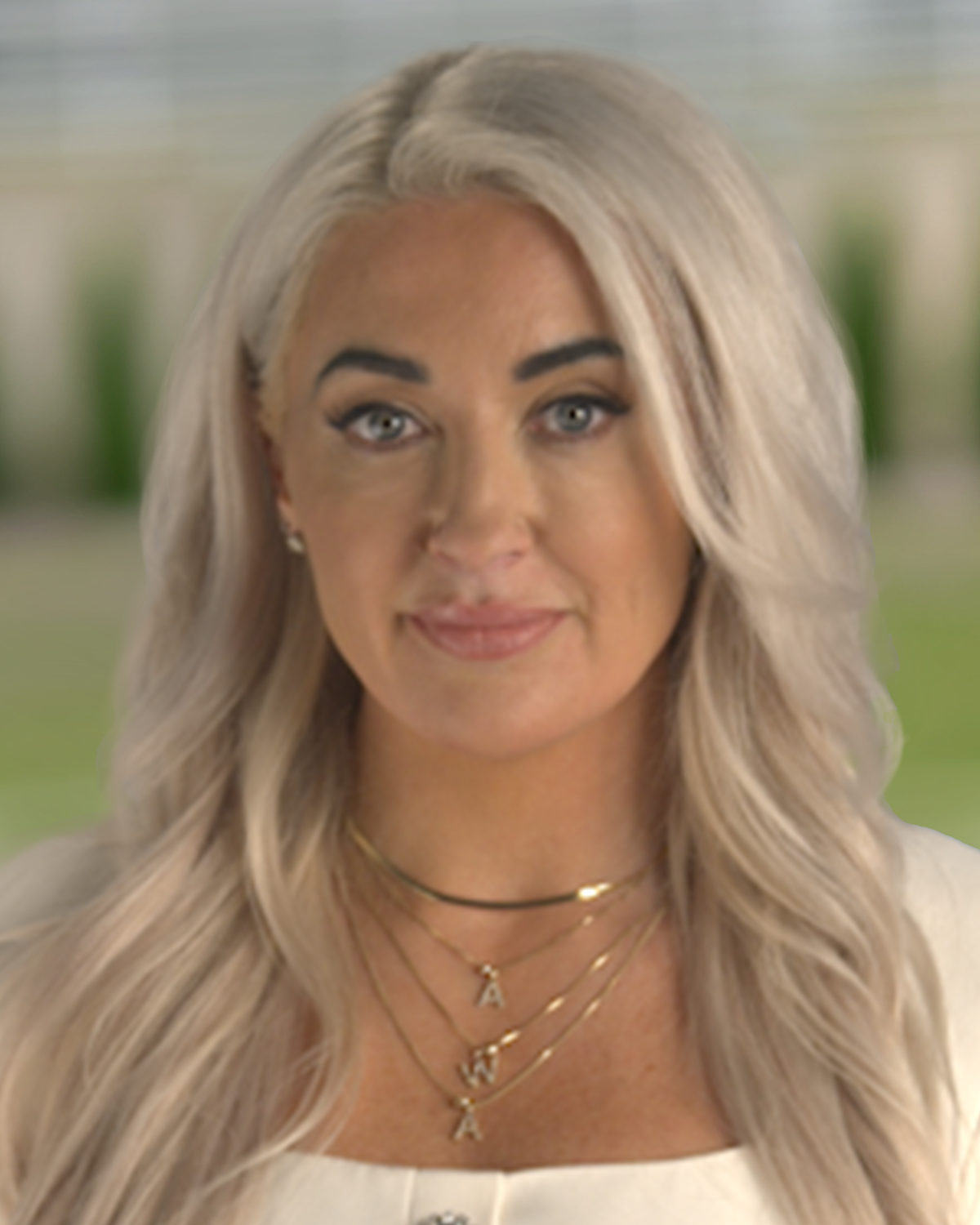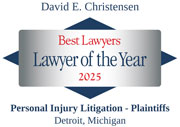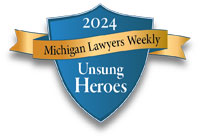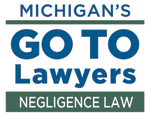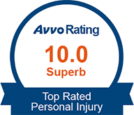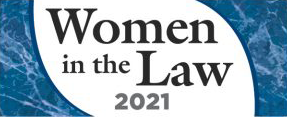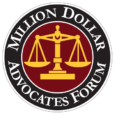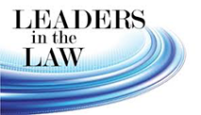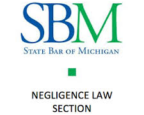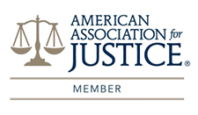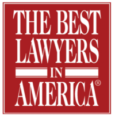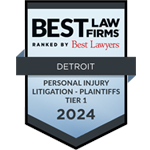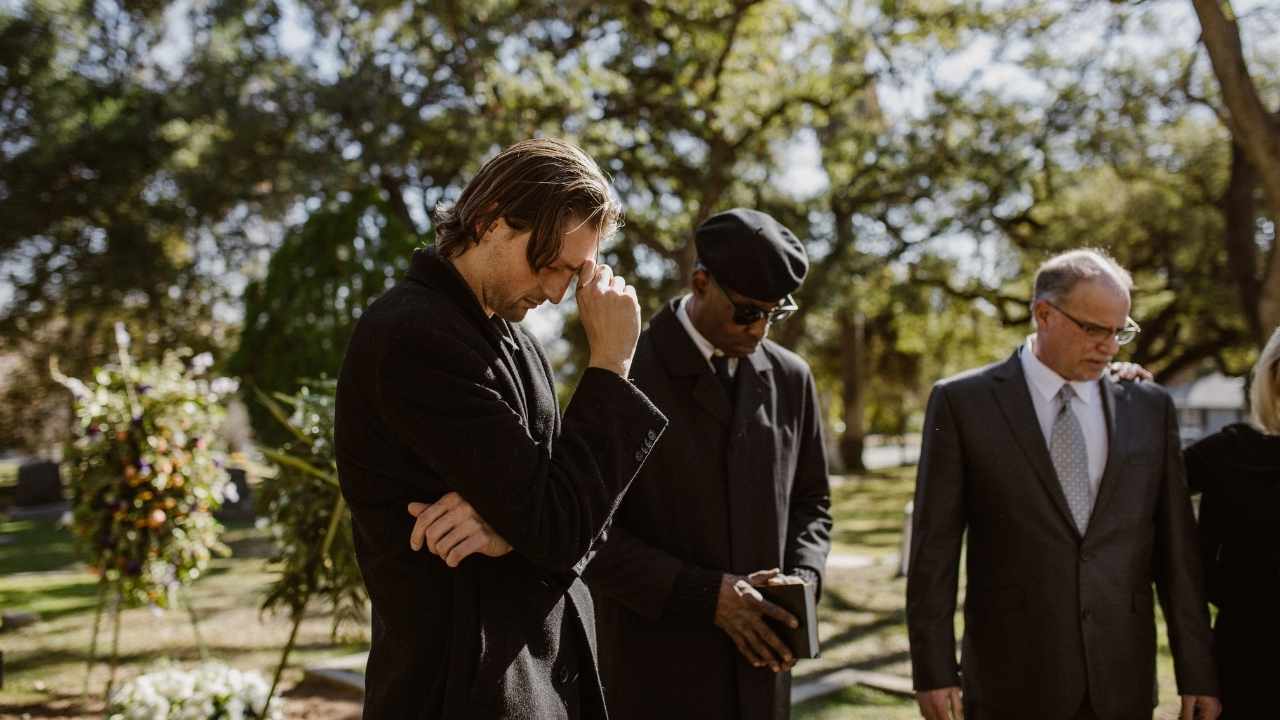
Whether a loved one was in a collision on Michigan Avenue or involved in a slip and fall at North Kalamazoo Mall, fatal accidents can happen anywhere. When you lose a loved one due to someone else’s negligence, a Kalamazoo wrongful death attorney can help you hold the at-fault party accountable.
At Christensen Law, we’ve advocated for injury victims and their loved ones since 1991. Our Kalamazoo personal injury lawyers will fight for the compensation your family needs to go on after a devastating loss. Contact us today to get started with a free consultation about your case.
What Compensation Can Be Recovered After a Wrongful Death?
The main purpose of compensation is to alleviate the financial stress that a loved one’s death causes a family. Your lawyer will carefully examine your losses so they can pursue the maximum compensation you may qualify for.
Recoverable losses often include:
- Medical expenses related to the accident, such as emergency medical services or hospice care
- The loss of the deceased’s financial contributions
- The loss of services the deceased provided their family
- The loss of companionship
- Funeral expenses
- Cremation or burial costs
Michigan also allows loved ones to recover compensation for the conscious pain and suffering of their loved one. Whatever damages your family may have, our firm is ready to pursue a settlement or verdict that fairly addresses these losses.
Understanding Wrongful Death Claims in Michigan
In Michigan, a personal representative of the decedent’s estate must bring the wrongful death claim. Those who can pursue compensation include:
- A spouse
- Children
- Parents
- Siblings
- Grandparents
- Other descendants
If there are no survivors who meet these criteria, then the person who would legally inherit the decedent’s estate can bring a wrongful death case.
Typically, family members have two years to file a wrongful death lawsuit. This deadline usually starts from the date of a death, but there can be exceptions. If you have questions about the legal timeline of your case, it’s best to discuss them with your attorney.
Who Is At Fault After a Wrongful Death?
The at fault party in a wrongful death depends on the nature of the accident. Below, we’ll look at a few examples.
- Car Accidents: In auto accidents, the at fault party is often another driver. However, government entities or manufacturers are sometimes also at fault.
- Truck Accidents: While a truck driver may be to blame for the crash, the trucking company may also hold vicarious liability for the actions of their employee.
- Slip and Falls: Typically, property owners or landlords are the at fault party in accidents where hazardous conditions caused a fall.
Multiple parties could even be liable for your family member’s death, and our team will thoroughly investigate the incident to determine all potentially liable parties.
What Makes Someone Negligent?
Negligence is legally defined by four key criteria, all of which must be met for a successful claim. These four elements are:
- Duty of Care: The at-fault party owed a duty of care to your loved one. For example, drivers owe a responsibility to others on the road. They uphold their duty by following traffic laws.
- Breach: The at-fault party acted negligently and breached their duty of care. For example, a property owner failed to place caution signs near potential hazards caused by store renovations.
- Causation: The breach directly leads to harm. For example, a drunk driver’s poor reaction time meant they could not slow down in time to prevent the crash.
- Damages: The breach also directly results in harm to another party. For example, medical bills and invoices for funeral services can help show just some of the financial losses your family has suffered.
What Evidence Can Help Prove Negligence in a Kalamazoo Wrongful Death Claim?
During their investigation, your lawyer will gather evidence to support the wrongful death claim. While every accident is different, there are some types of evidence that can be especially helpful. This evidence includes:
- Witness Statements: Eyewitnesses, such as bystanders or other drivers, can provide clear testimony about what occurred.
- Video Footage: In today’s world, cameras are just about everywhere. Footage from traffic cameras, dash cams, cellphones, and surveillance cameras can all provide proof of what happened.
- Physical Evidence: Skid marks, debris, and environmental damage can all help fill in important information about an accident.
- Official Documents: Police reports, black box data from commercial vehicles, incident and safety reports from businesses, medical records, blood alcohol test results, and other documents can all play an important part.
- Expert Testimony: In some cases, your lawyer may consult with an expert about the accident. These may include accident reconstructionists, trucking industry safety experts, and medical professionals.
Some evidence can be time sensitive. For example, a witness’s memory may fade, and surveillance footage can be deleted. The sooner your personal injury attorney can start their investigation, the better.
What Should You Do After a Wrongful Death Occurs?
In the aftermath of losing a loved one, your number one priority should be focusing on the mental well-being of you and your family. However, it can be helpful to put your focus on what to do next. Below are some actions you can take to protect your legal rights:
Keep Track of Documents
Keep anything official related to your loved one’s accident and passing. This could include medical records, correspondence with doctors or medical staff, police reports, funeral or medical expense receipts, medical bills related to your loved one’s care, and anything else that seems necessary.
It can be helpful to write down anything you remember from the accident, if you were there, as well. For example, any witnesses you noticed or information about the at-fault party’s actions.
Avoid Talking to Involved Parties on Your Own
Whether it is the at-fault party or an adjuster from their insurance company, it’s important to avoid speaking with the parties involved on your own. Anything you say may be used as evidence against your claim. If you have hired a lawyer, they can be present during these conversations or handle them entirely on your behalf.
If the at-fault party does reach out to you, keep a copy of any correspondence you receive.
Our Kalamazoo Attorneys Can Answer Your Wrongful Death FAQs
How Much Does It Cost to Hire a Personal Injury Lawyer in Kalamazoo?
After a loved one’s passing, you are likely under enough financial stress as it is. You may think that hiring a lawyer is out of your reach. However, at Christensen Law, we believe everyone deserves legal representation during this difficult time.
We work on a contingency fee basis, so you do not need to cover any upfront costs. Instead, you will only pay our fees when we recover compensation in your case.
What Is Modified Comparative Negligence and How Does It Affect Your Case?
Michigan operates as a modified comparative negligence state. Under this law, victims (or their families) can pursue compensation even if they had some fault in their accident. However, if they are more than 50% at fault, they may be barred from recovering compensation. Additionally, a victim’s percentage of fault reduces their recoverable compensation.
We often see at-fault parties and insurers blaming victims for the incident or their injuries. This tactic can feel hard to challenge without help, especially since the victim may have passed before they were even able to give their side of the story. Our team is ready to push back against these arguments and fight for what your family is owed.
What If There Was More Than One Party At Fault?
Your lawyer will investigate to determine all liable parties. Once we have established who was negligent, we will bring claims against them. Doing so is vital as it raises your chance of recovering the full compensation you may qualify for.
What If the Insurance Company Denies the Wrongful Death Claim?
An insurance denial is not the end of the road. We can appeal this decision and will continue to fight for your legal rights. This could involve conducting new investigations and gathering additional evidence, negotiating for a settlement, and going to trial, among other actions. Our goal is justice, not settling for less.
What If the Settlement Offer Is Lower Than Expected?
You are not required to accept a settlement that does not seem fair. We will advise you on settlement offers that you receive. You can formally reject the offer when it does not meet your needs. Depending on our legal strategy, we will then re-enter negotiations or may take your case to trial. At Christensen Law, we treat every case as if it was going to trial so we are always prepared to do so.

